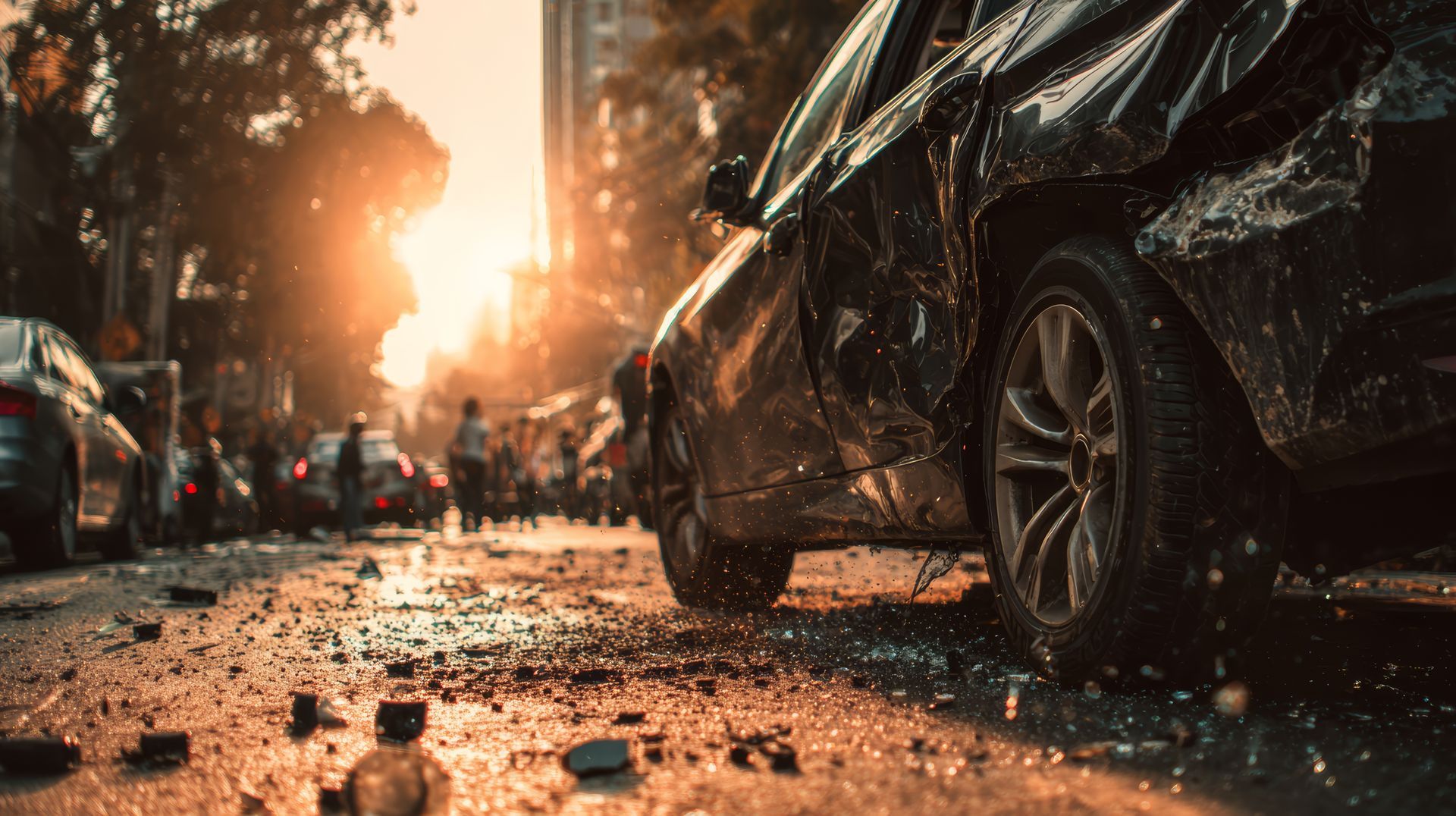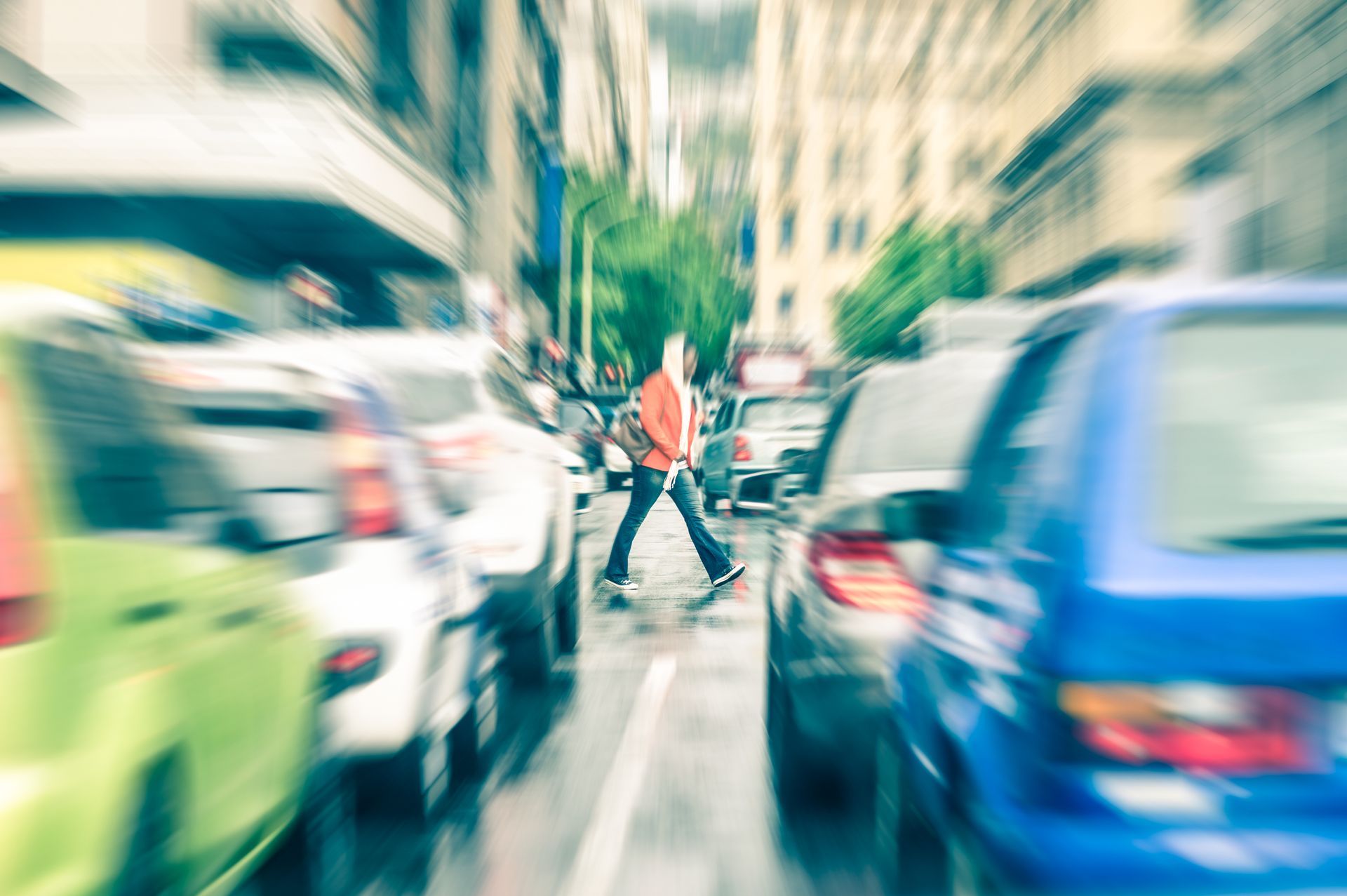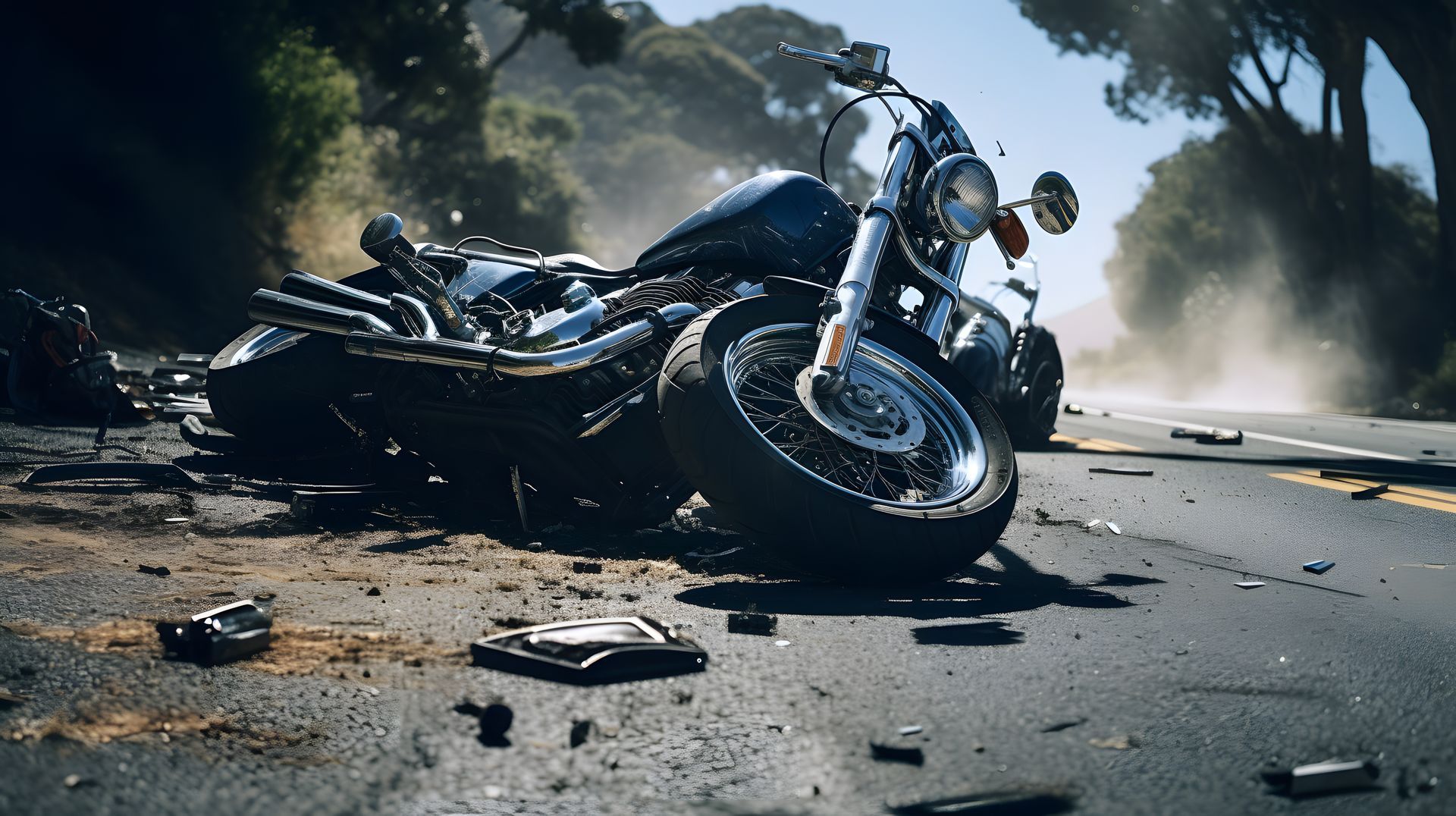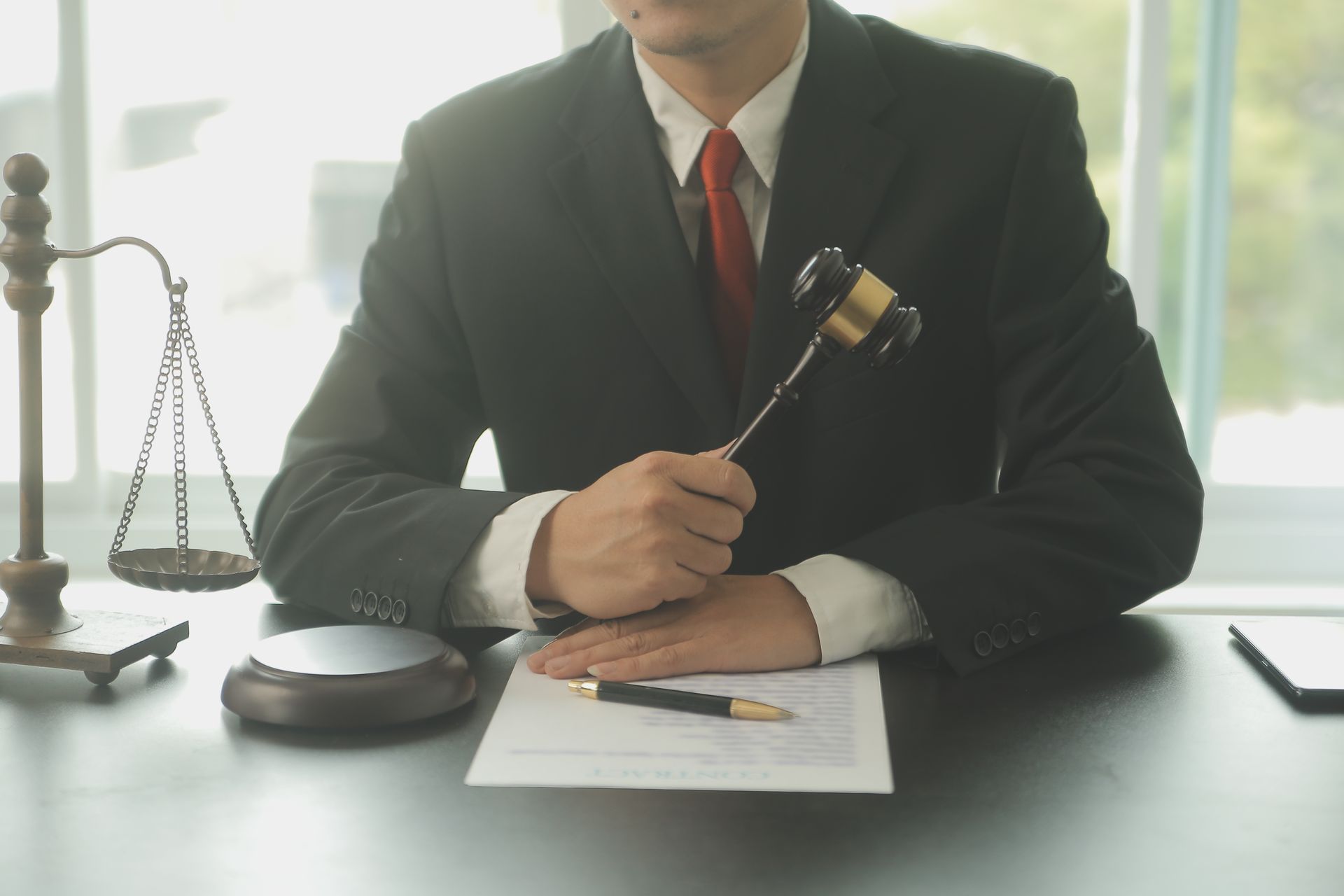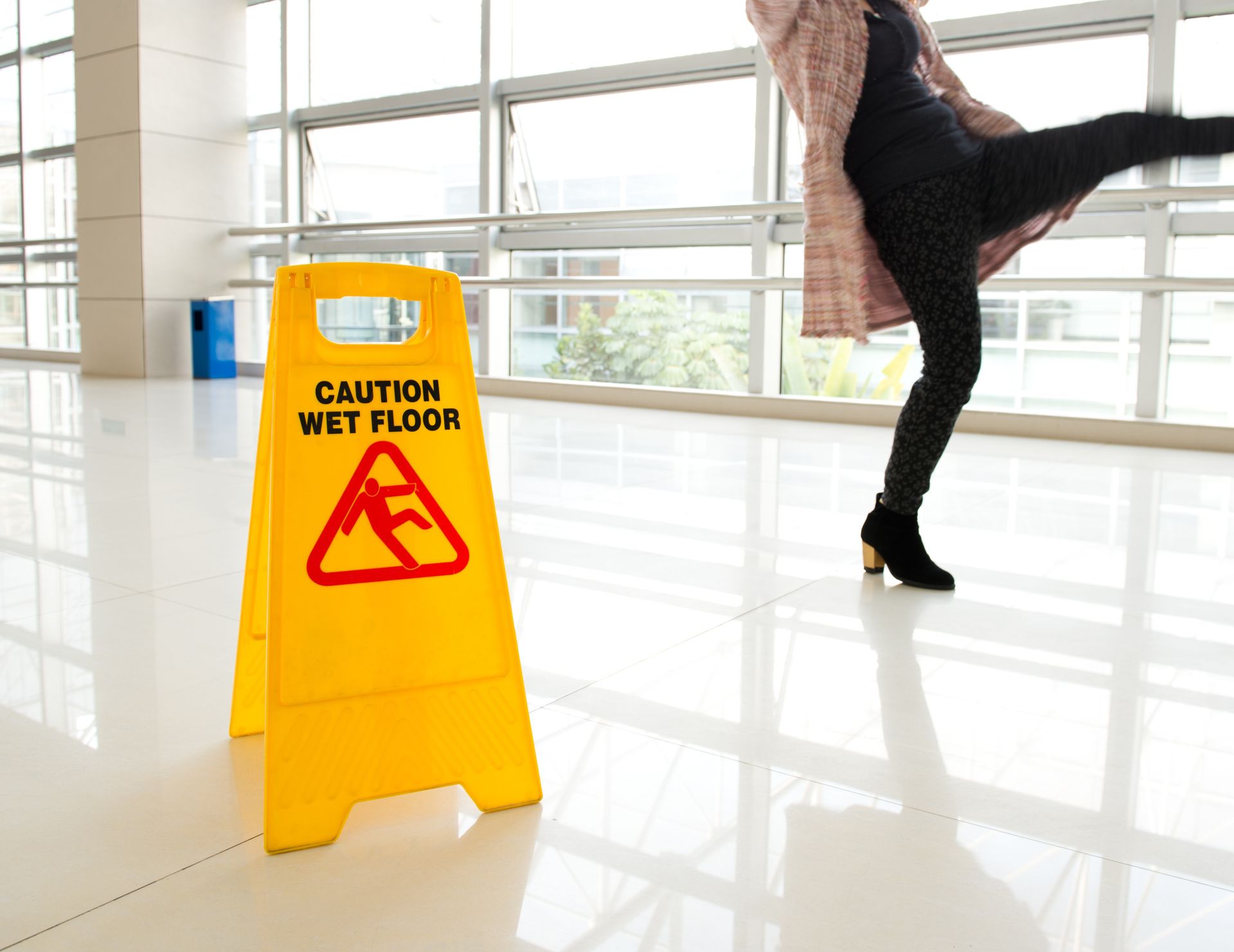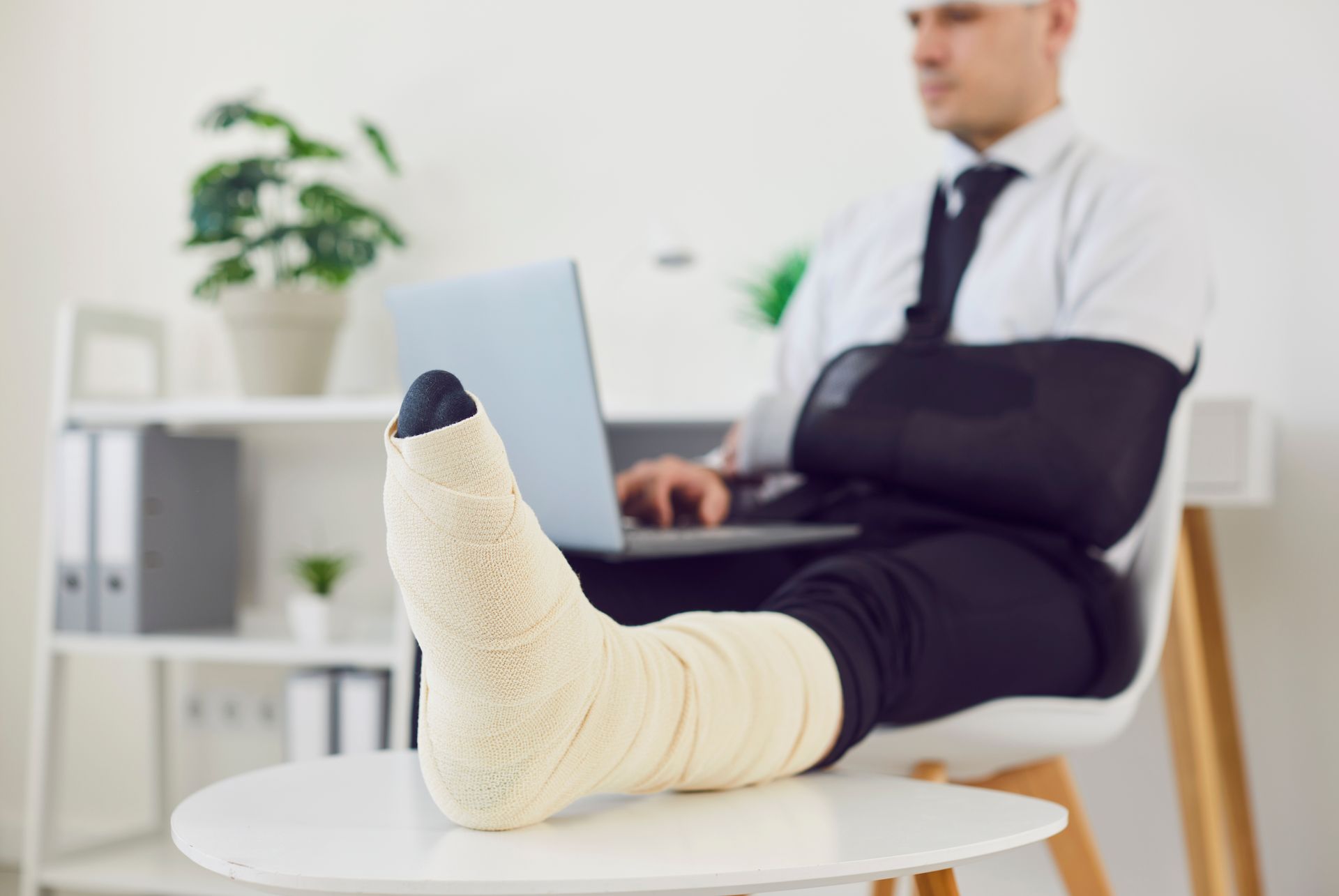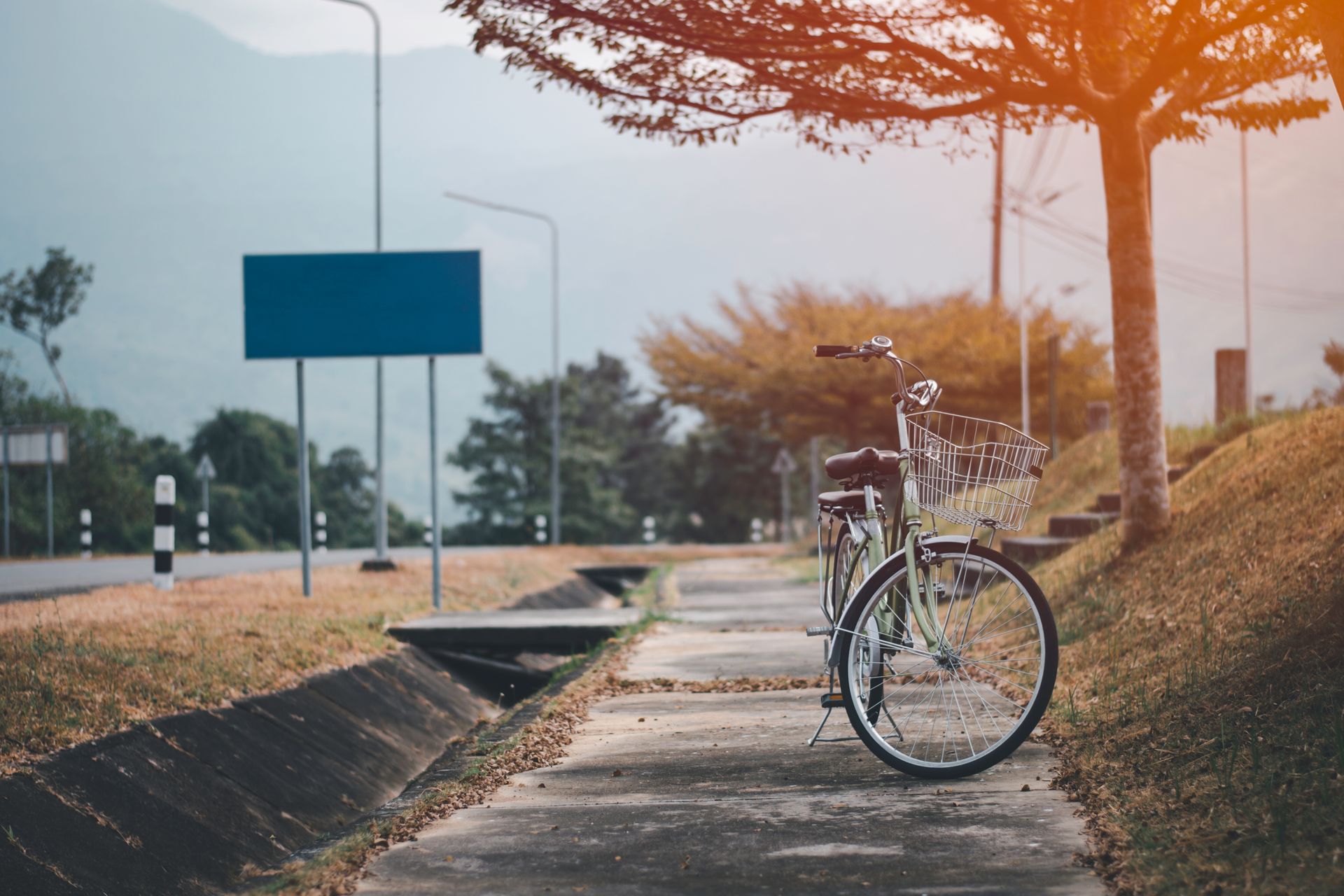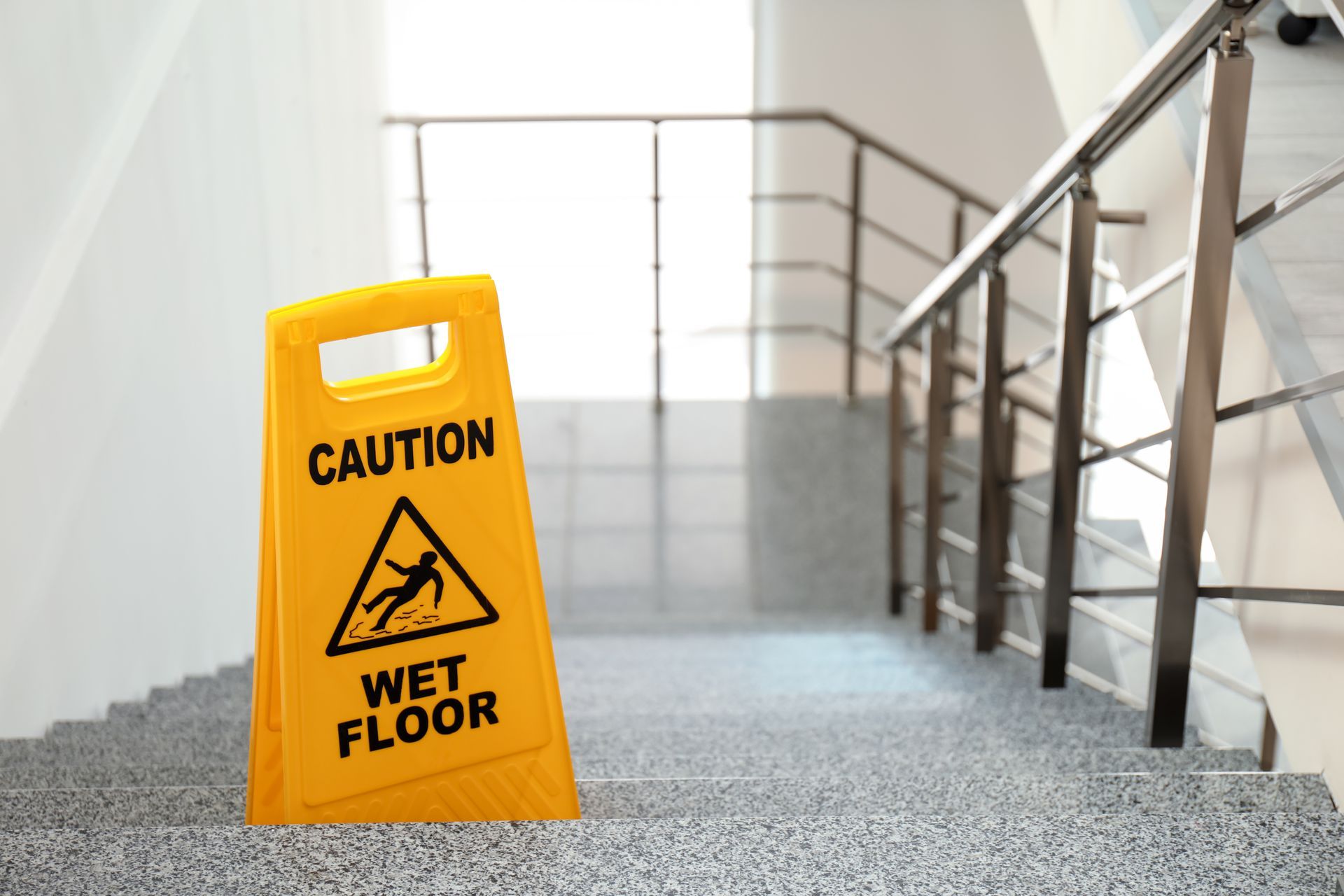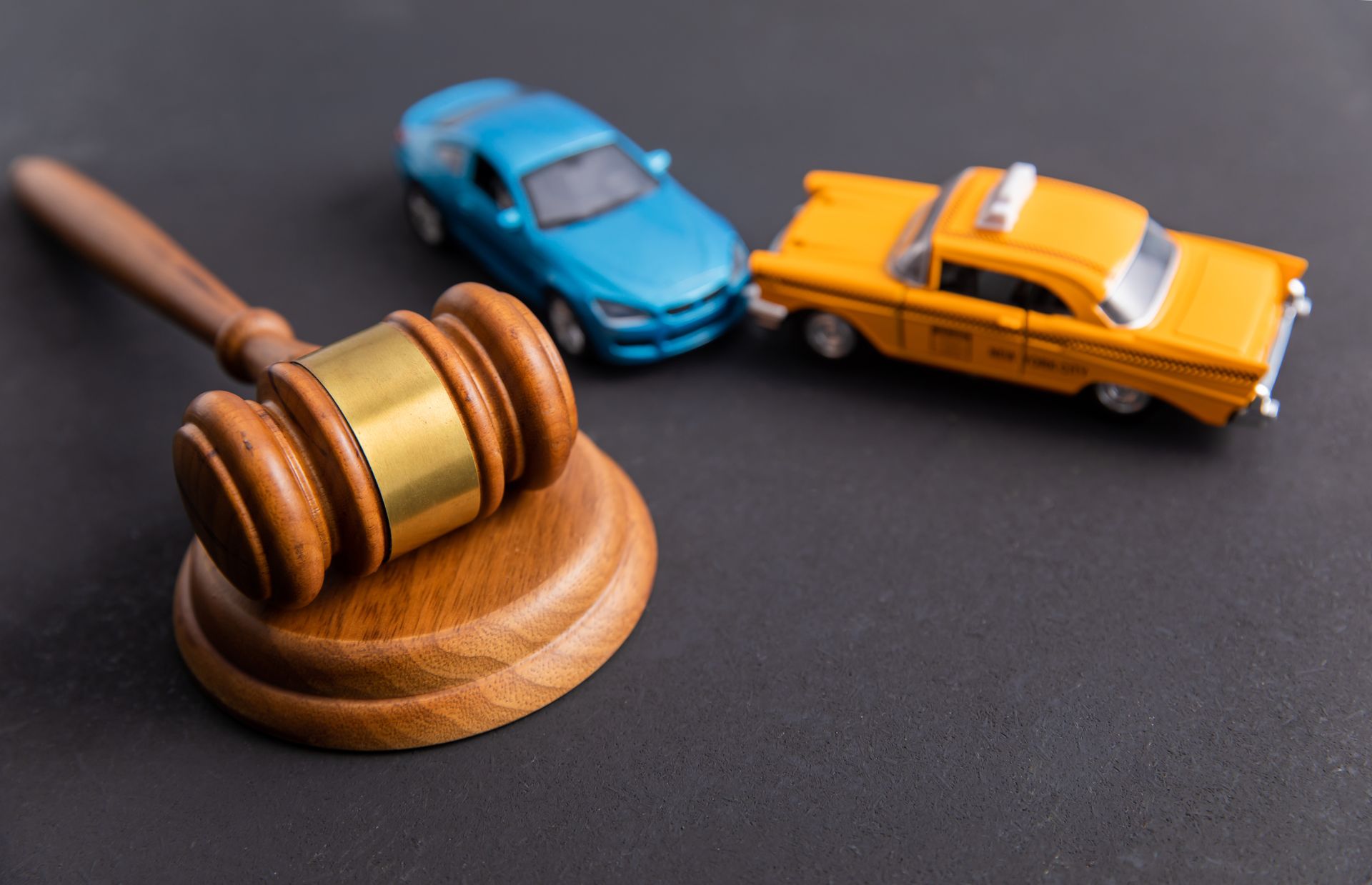Contact Us
Phone: 925-690-2995
Location
45 Quail Ct
Suite 112
Walnut Creek, California 94596
Hours
- Mon - Fri
- -
- Sat - Sun
- Closed
Schedule a Case Evaluation
Contact us now!
Homepage FCE Form
Thank you for contacting us.
We will get back to you as soon as possible.
We will get back to you as soon as possible.
Oops, there was an error sending your message.
Please try again later.
Please try again later.
By submitting this form, you agree to be contacted by our law firm, either by phone, text or by email.
Hours
- Mon - Fri
- -
- Sat - Sun
- Closed
24/7 Phone Availability
Disclaimer: The information on this website is for general information purposes only. Nothing on this site should be taken as legal advice for any individual case or situation. This information is not intended to create, and receipt or viewing does not constitute an attorney-client relationship.
© 2026
All Rights Reserved | Fetto Law Group | Powered By Convert It Marketing | Privacy Policy
© 2026
All Rights Reserved | Fetto Law Group | Powered By Convert It Marketing | Privacy Policy


